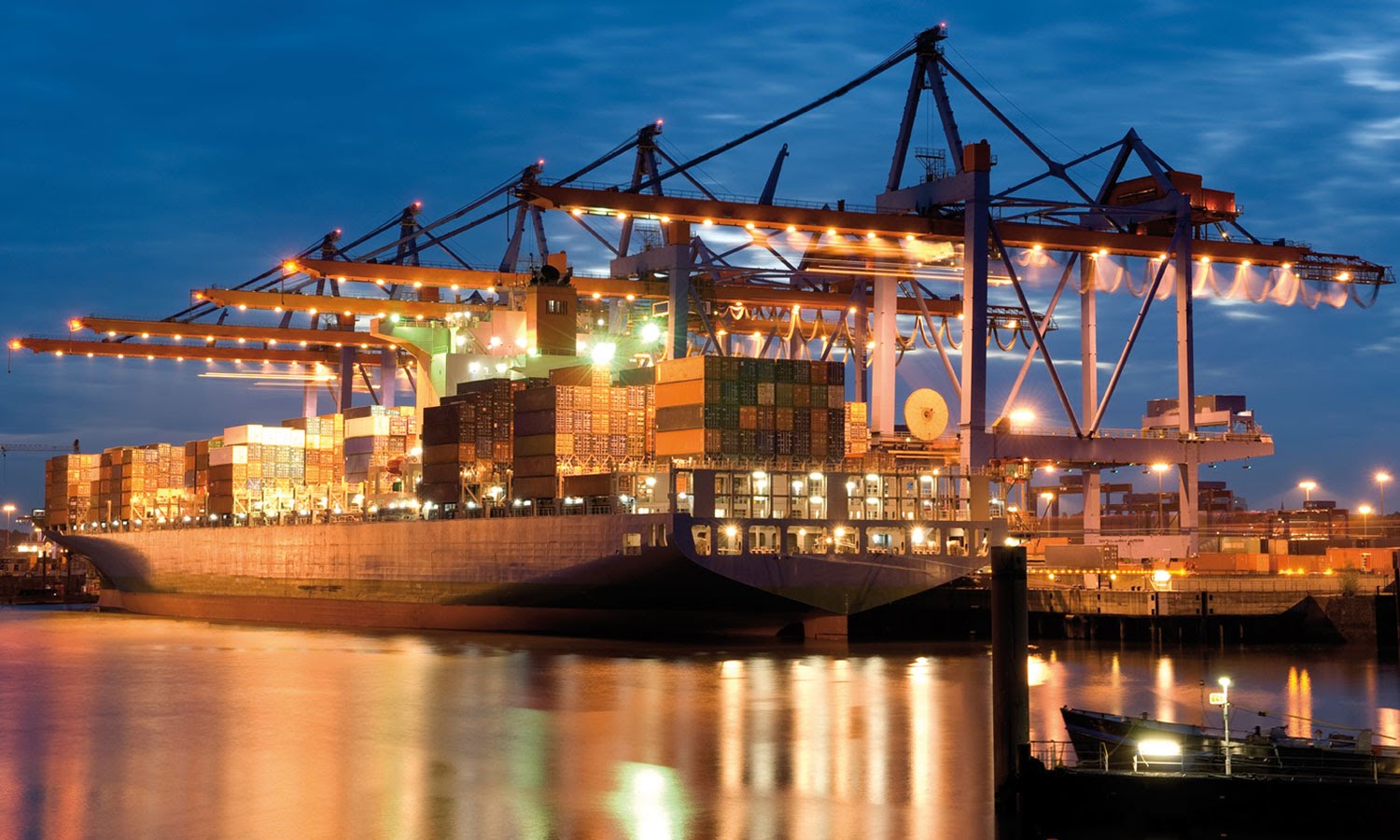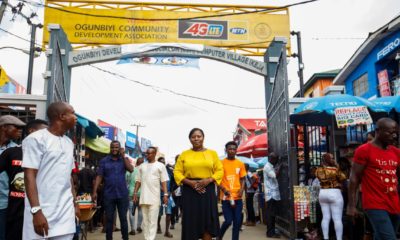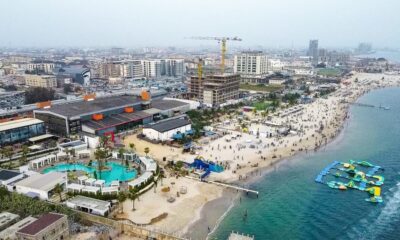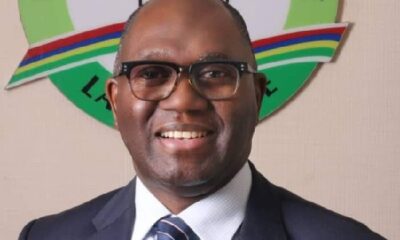- Seaport Project: Lagos Seals $629m Deal With China Bank
The Apapa and Tin Can Island seaports in Lagos have become an eyesore and much of problem to the citizen who resides in the environment due to its congestion.
To resolve this, the State Government has taken a big step by trying to create an alternative that will serve as a supplement to the existing one by signing a $629 million facility deal with China Development Bank (CDB) for the completion of Lekki Deep Seaport Project.
Governor Babajide Sanwo-Olu, who sealed the deal on Wednesday on behalf of the State, said the agreement will hasten up the project which had started in 2011.
According to him, the completion of the project would invigorate Lagos economy and push it up in the index of largest economies in the world.
The $629 million follows the signing of a 45-year concessionary agreement with Lekki Port LFTZ Enterprise Limited and China Harbour Engineering Company (CHEC), who owns majority shares in the project.
After completion, the deep seaport would have two container berths of 680-metre long and 16.5-metre water depth.
It will also have the capacity to berth fifth generation container ships, which has a capacity of 18,000 TEU ship.
Sanwo-Olu said: “This is a new beginning for us in Lagos. We have achieved another milestone in our efforts to transform the state and accomplish the 21st-century economy ambition.
”As a government, we are fully in support of the project. We will do all we can to ensure the terms of the agreements signed today are delivered within 30 months as agreed.
“We expect the outcome would catalyse Lagos’ fifth-largest economy and take it up more in the index of largest economies in years to come,” Sanwo-Olu said.
He further assured that the State will, in the coming weeks, sign more trade agreement with foreign investors, adding that his administration would continue to explore investments and partnerships that would accelerate growth and benefit residents of the State.
On his part, the Chairman of Lekki Port Board of Directors, Mr Biodun Dabiri said: “The loan facility represents a significant milestone, which when combined with foreign direct investment of $230 million through equity injection by CHEC, will ensure successful delivery of the seaport.
“The project is strategic for the economic growth of Lekki Free Zone, as it would support the massive industrial and petrochemical complex being embarked on in the Northern and Southern quadrant of the zone with investment over the next three years peaking at over $20 billion.
Speaking on what triggered the agreement, CHEC Chairman, Mr Lin Yichong, said the existing seaport needs another one to complement it, which according to him, will enable the country to strengthen its maritime infrastructure and business.
He said that Phase 1 of the project would be built with an annual handling capacity of 1.2 million TEU, which would be increased to 2.5 million TEU upon the completion of the second phase.
“After the completion of the Lekki port, it would become the first deep seaport in Nigeria and the container transportation hub in Africa.
“In the course of the construction of the project, it is expected that a huge number of employment opportunities would be generated for residents of Lagos,” he said.

 Billionaire Watch3 weeks ago
Billionaire Watch3 weeks ago
 Startups4 weeks ago
Startups4 weeks ago
 News4 weeks ago
News4 weeks ago
 News4 weeks ago
News4 weeks ago
 Bitcoin4 weeks ago
Bitcoin4 weeks ago
 Naira4 weeks ago
Naira4 weeks ago
 Forex3 weeks ago
Forex3 weeks ago
 Treasury Bills4 weeks ago
Treasury Bills4 weeks ago



























